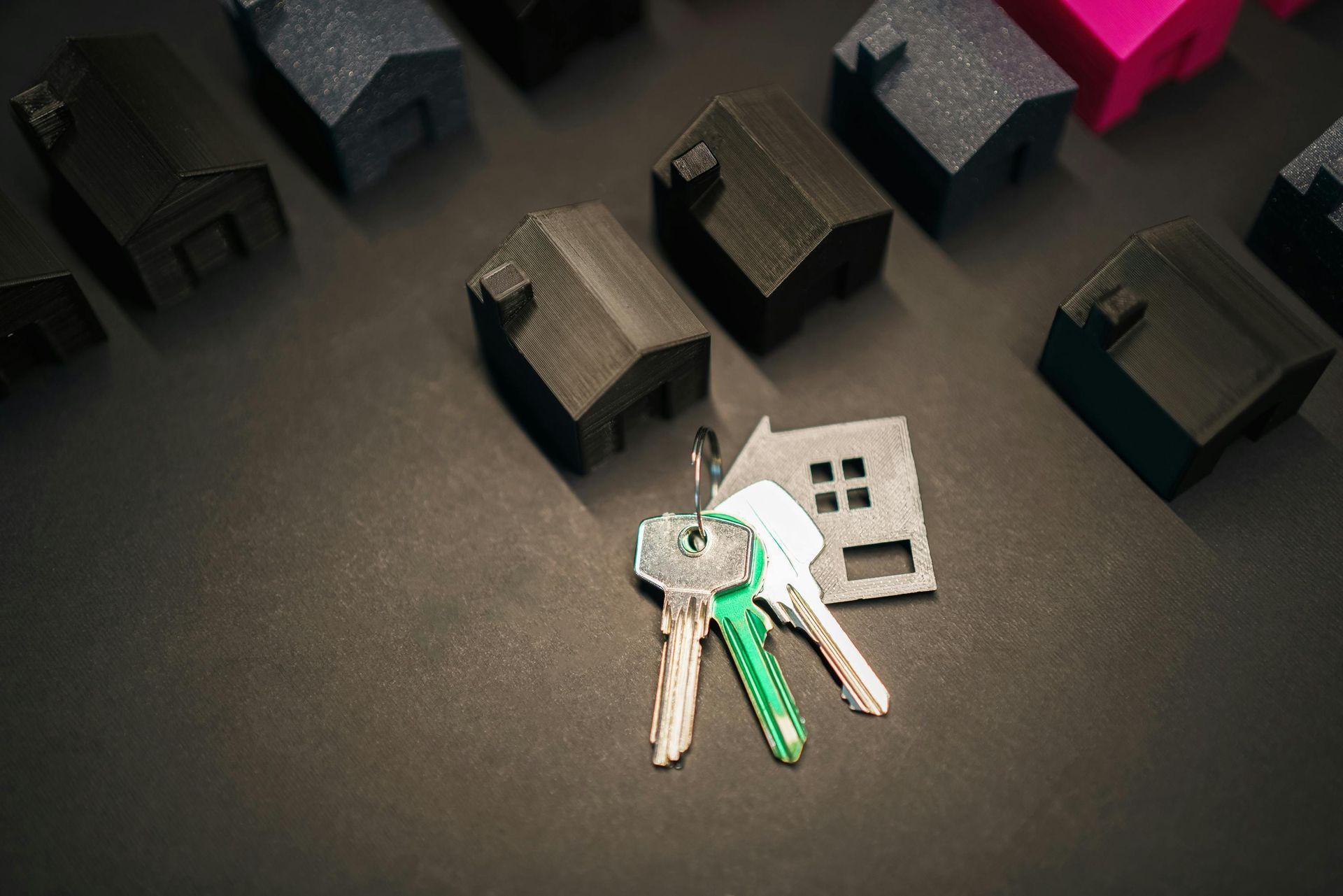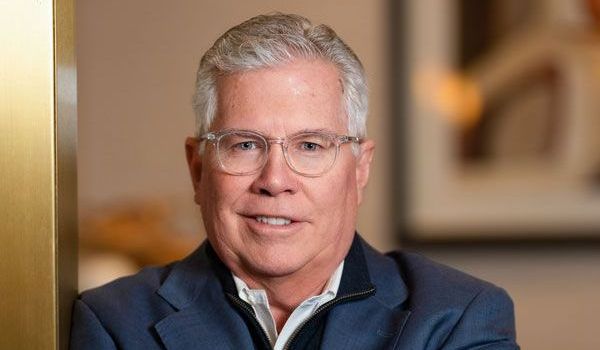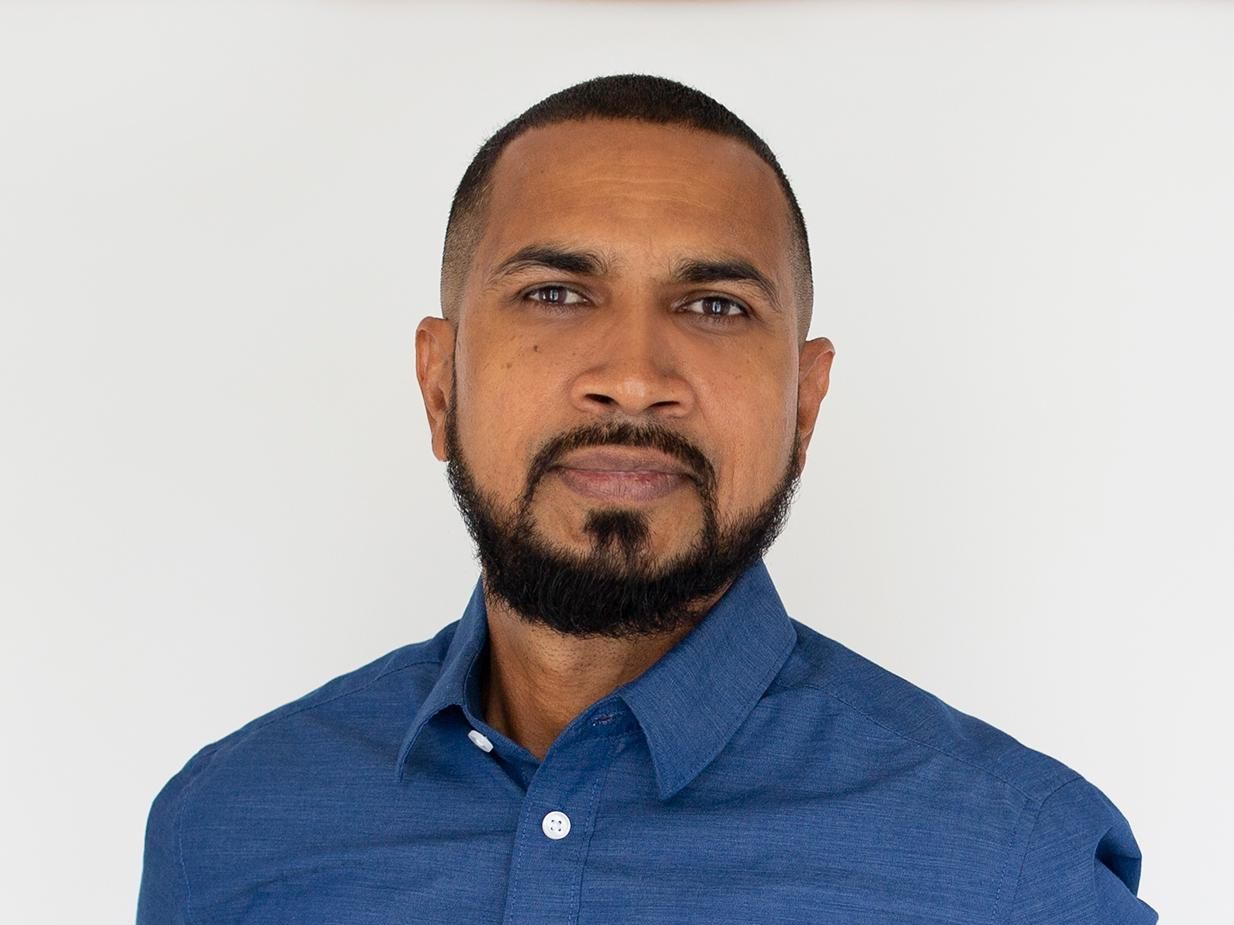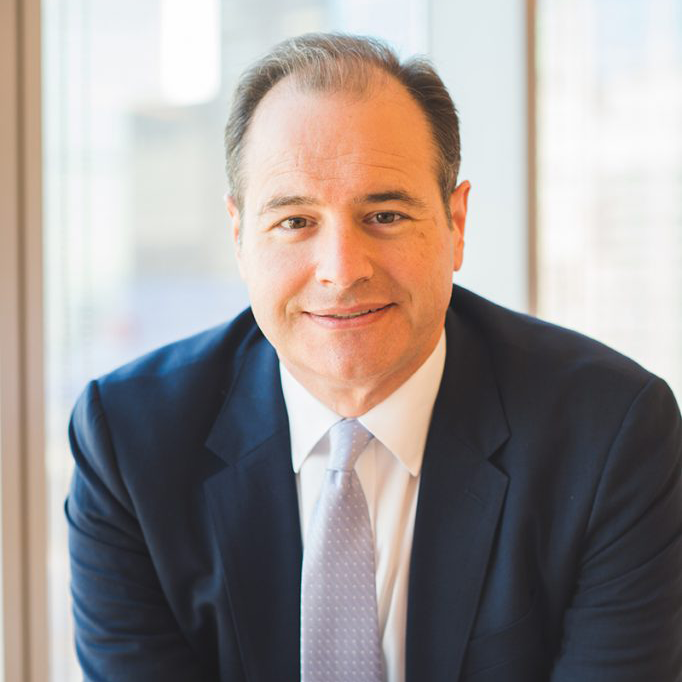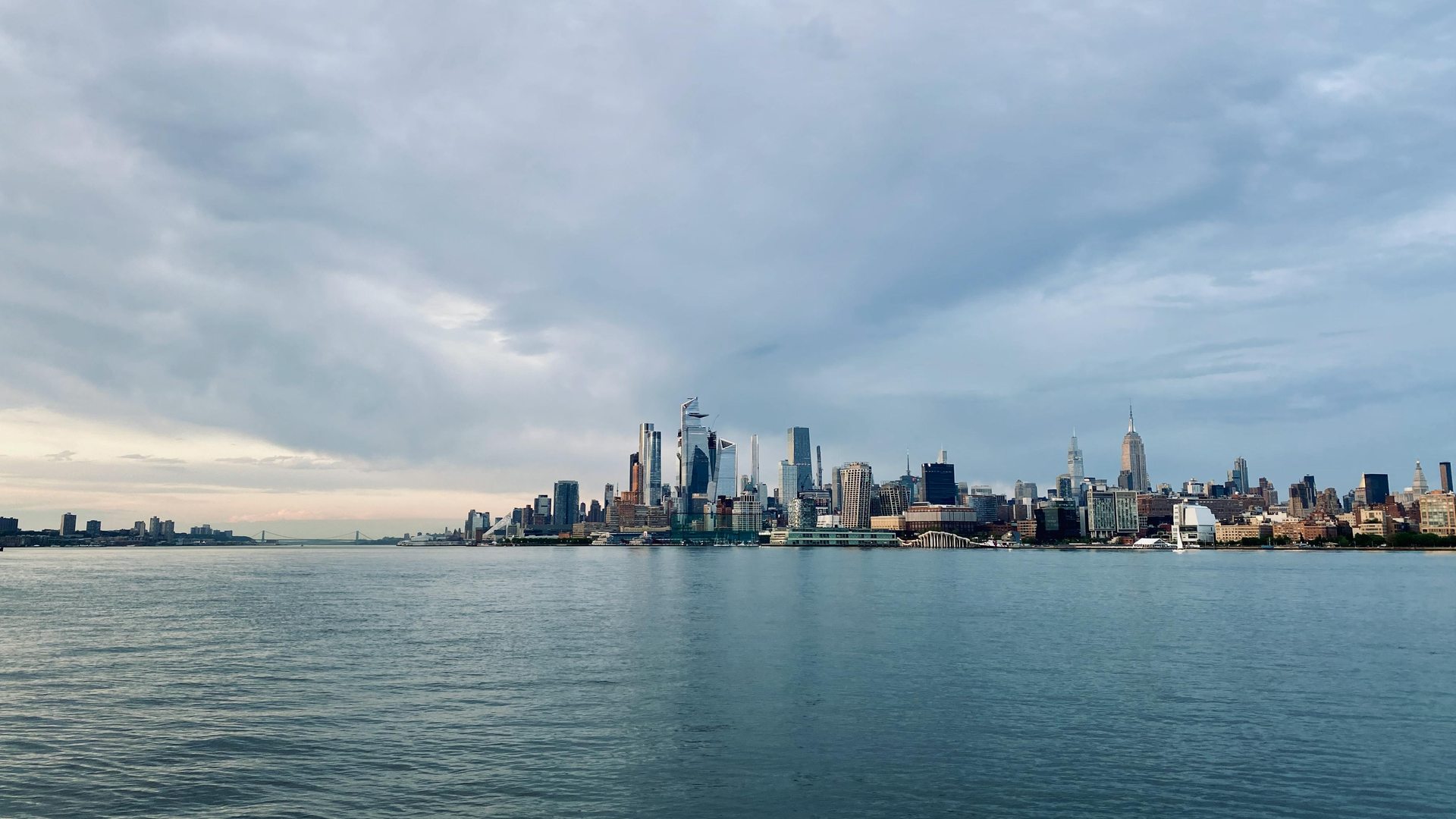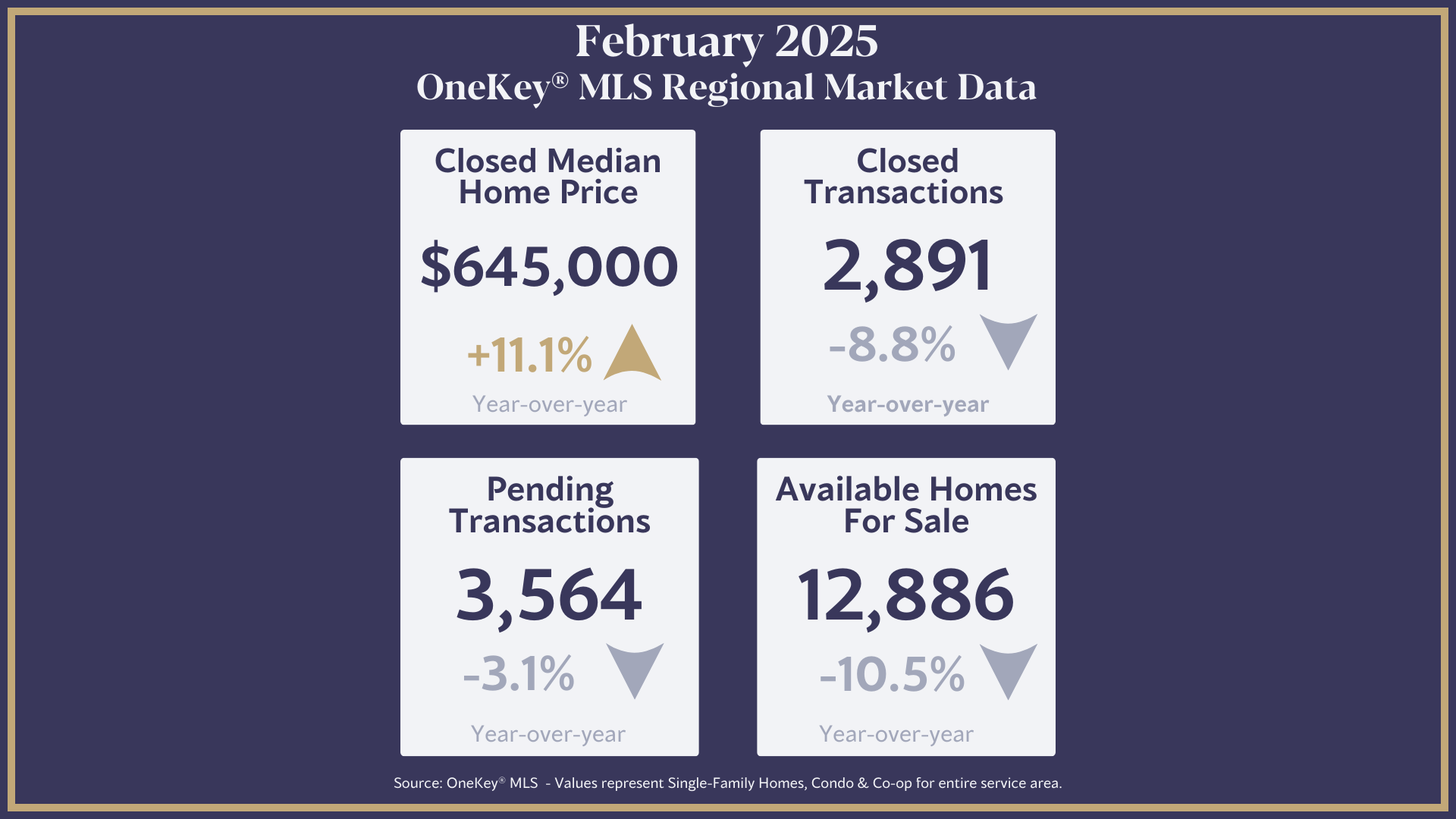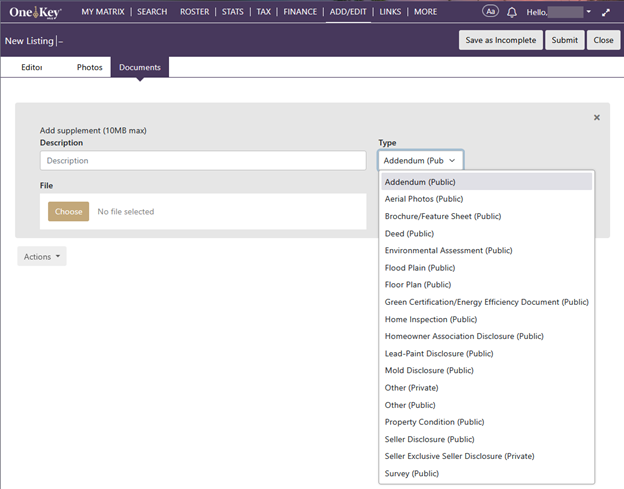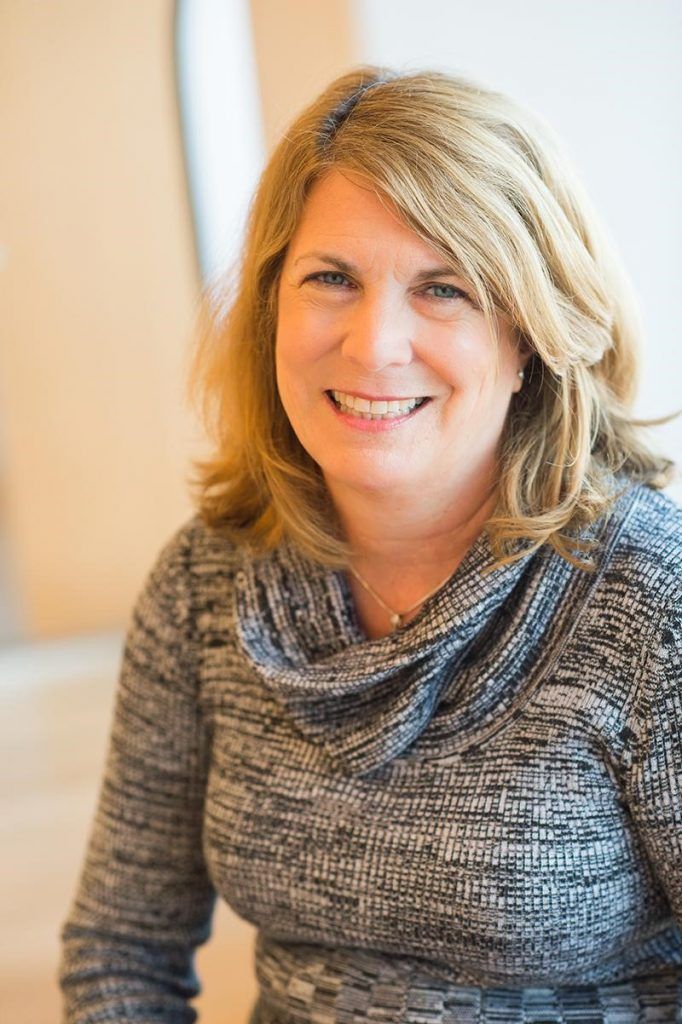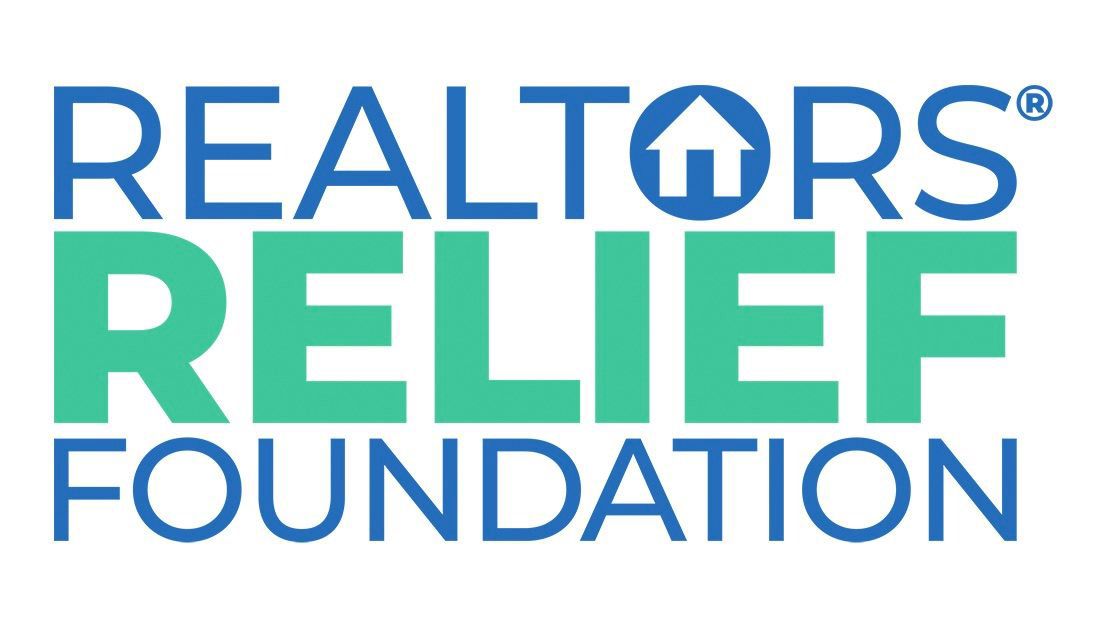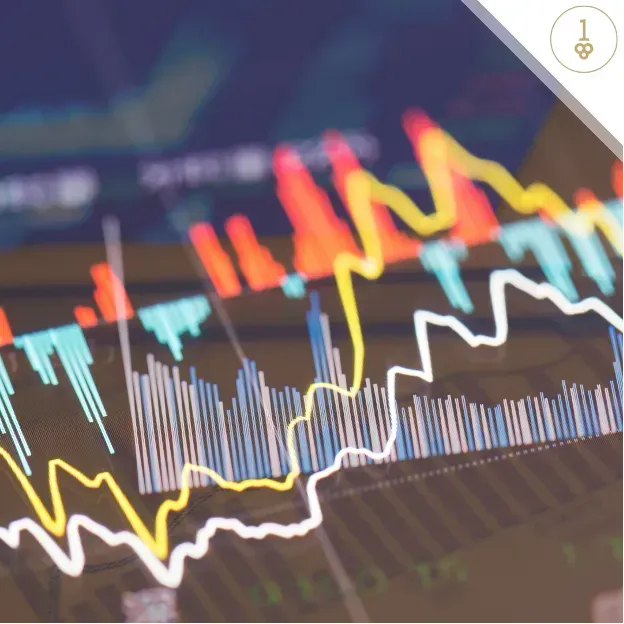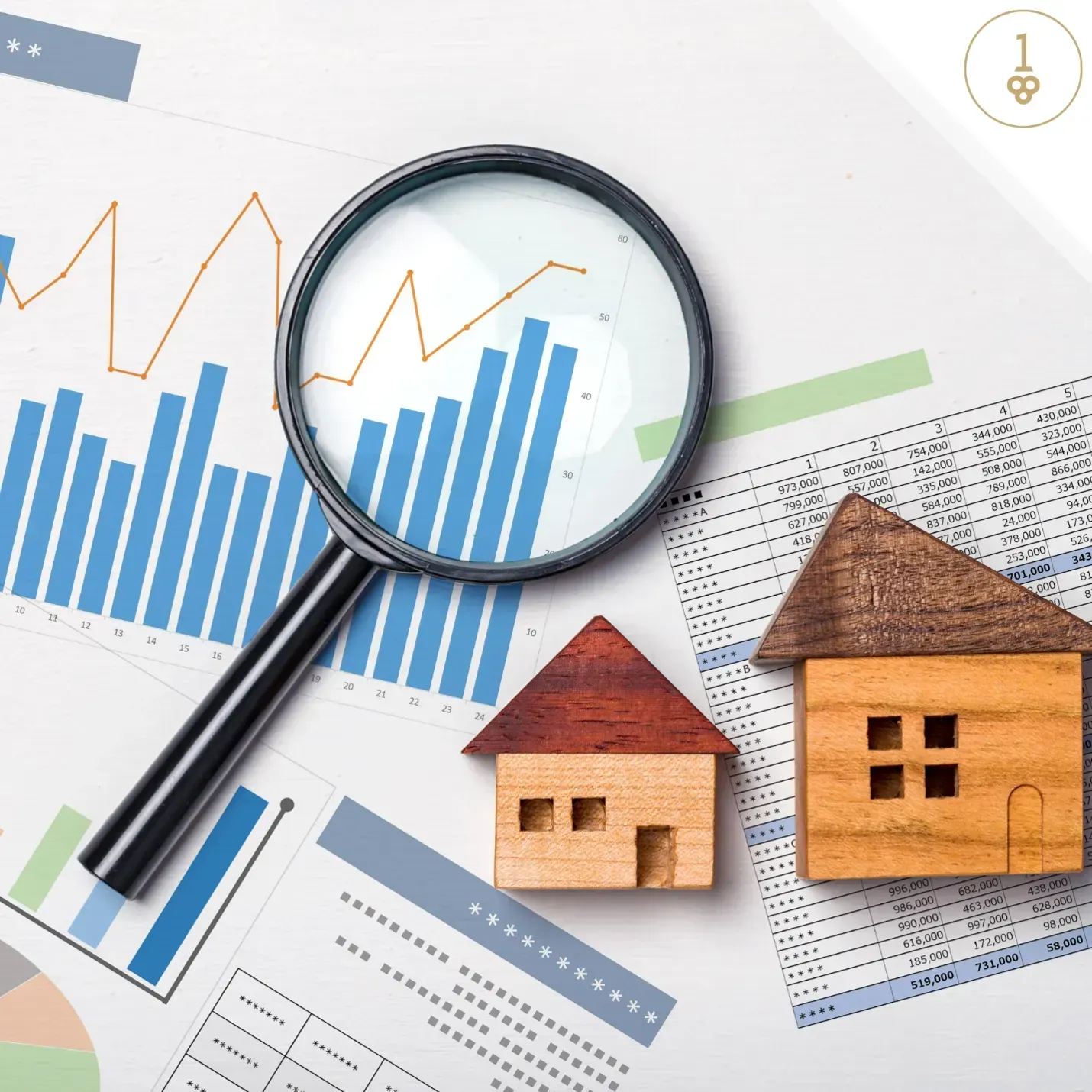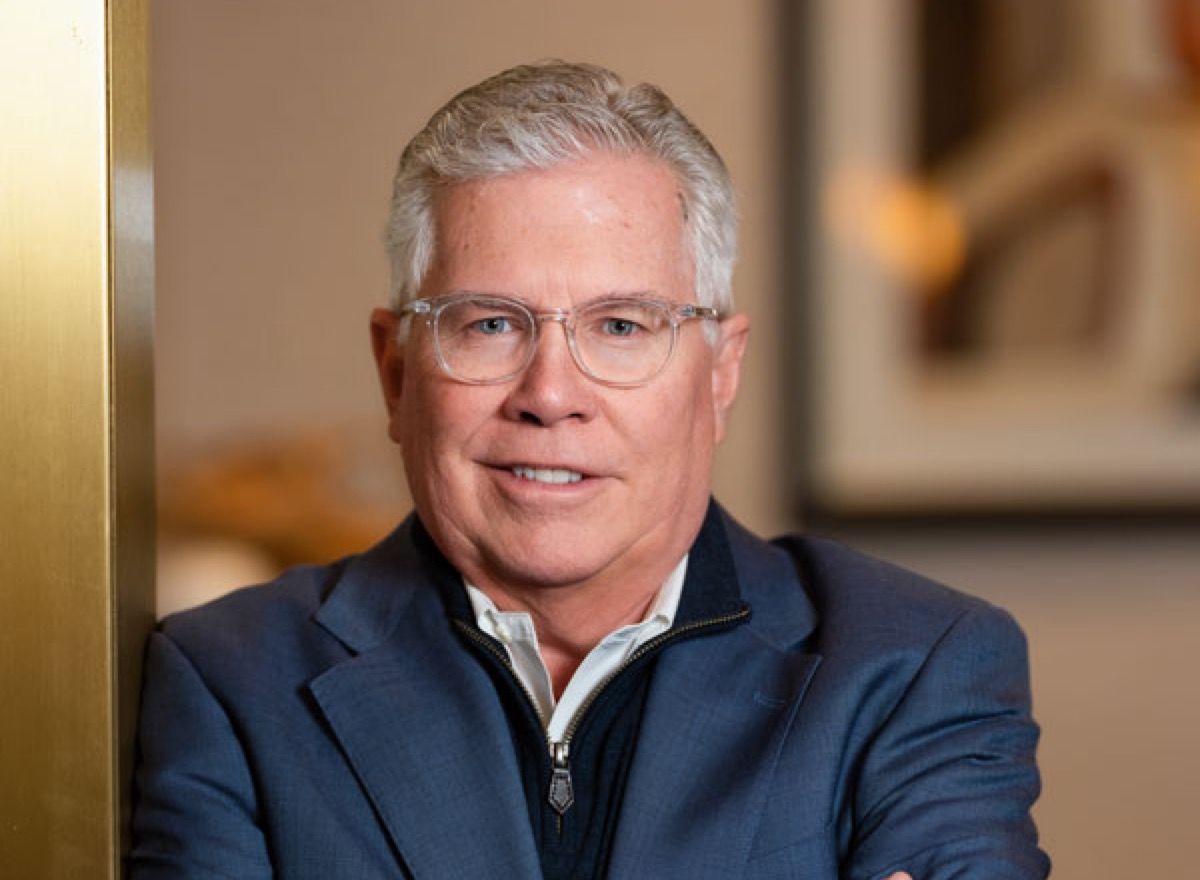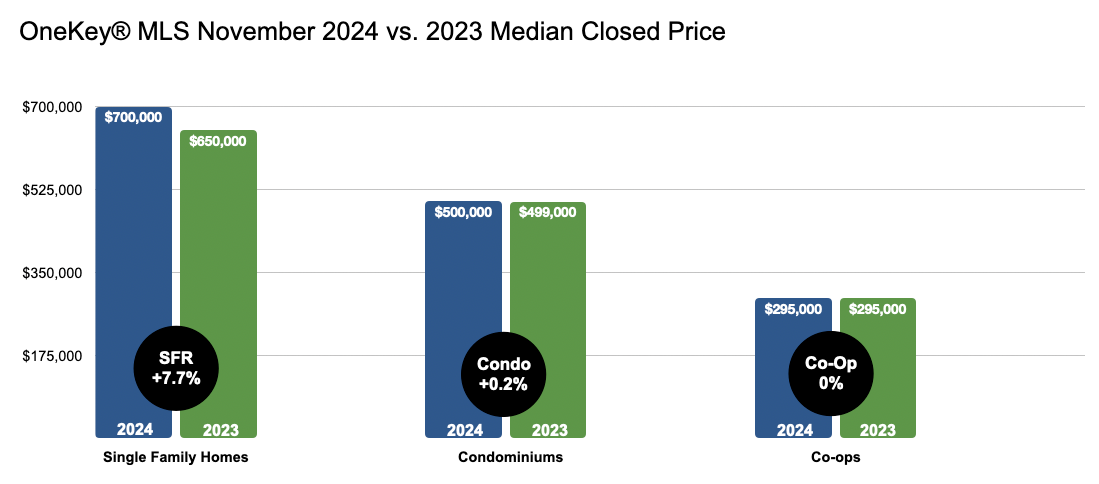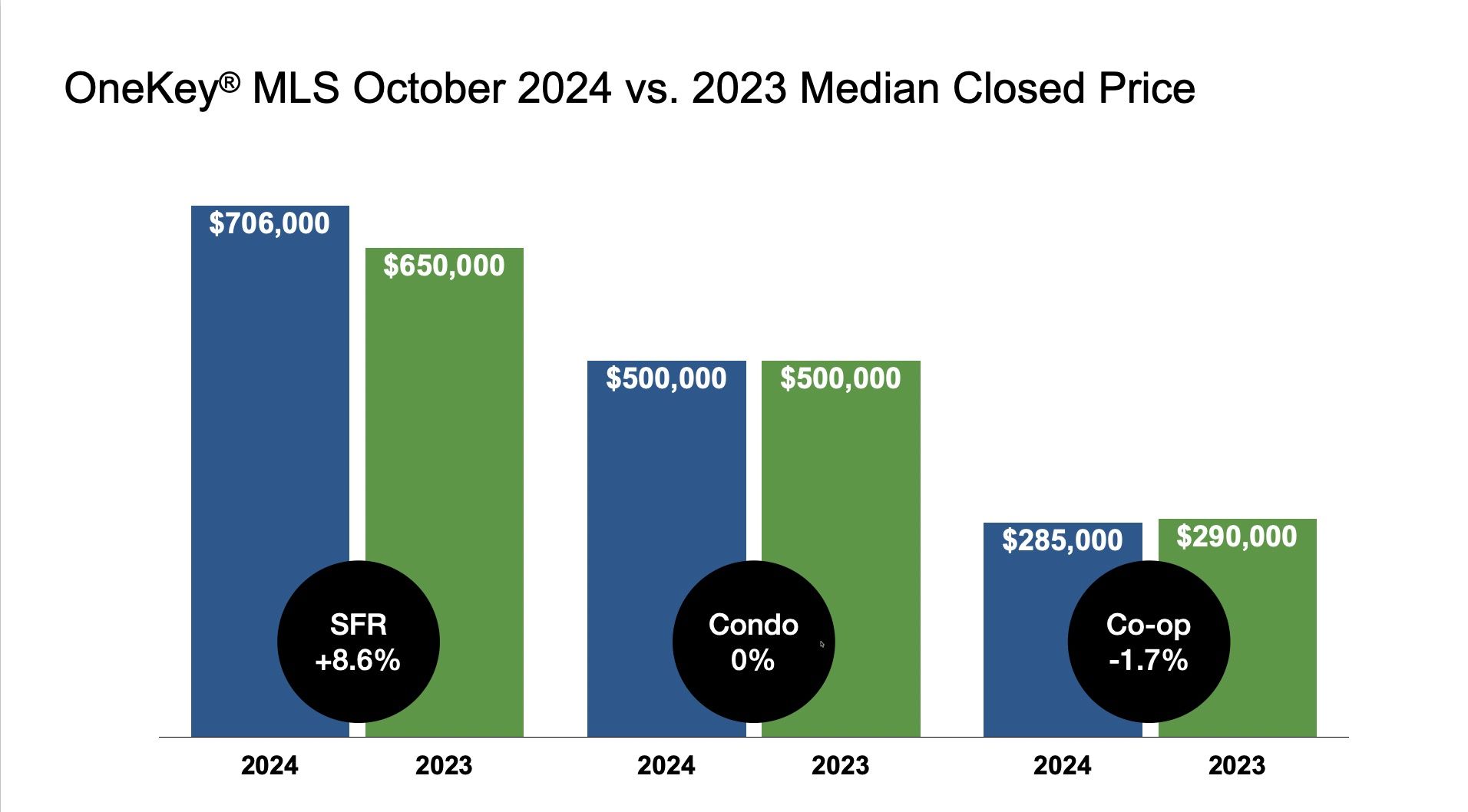Dear Friend,
If you’ve ever felt like you’re one misstep away from being “found out,” like you’ve somehow stumbled into your success and don’t truly deserve it, I want you to know—I see you. I know what it’s like to sit in a meeting, heart racing, afraid to speak up in case you reveal what you believe is your lack of knowledge. I know the weight of over-preparing, of brushing off compliments, of attributing every accomplishment to luck rather than skill. Imposter syndrome is a quiet, insidious companion, but I’ve come to realize something: It doesn’t mean we’re frauds. It means we care. And that, my friend, is a strength, not a weakness.
Starting my career in an entry-level position, I never imagined the path that would lead me to an executive role. In the early years, I faced countless challenges and tough decisions that tested my resilience. One of the most profound struggles I encountered was wrestling with coaching that reinforced imposter syndrome, it advised me to speak with less confidence because my self-assurance made others uncomfortable. I internalized this guidance, making myself smaller in rooms where I should have stood tall. As a result, I developed a habit of qualifying my opinions with self-doubt, constantly softening my statements to avoid making waves. I began starting my sentences with “I’m not sure, but I think…” and “Maybe this isn’t relevant, but…”. Over time, I realized that this approach was holding me back, preventing me from fully stepping into my potential. It took years of deliberate work and coaching from friends within the industry—mentors who believed in my voice even when I had lost faith in it myself—to unlearn this tendency.
Imposter syndrome doesn’t just whisper doubts in our ears—it can be paralyzing. The consequences go beyond self-doubt. Studies show that imposter syndrome disproportionately affects high-achievers, particularly women and people from marginalized backgrounds. It can lead to burnout, stress, and missed opportunities, as we hesitate to take risks or advocate for ourselves. But here’s the thing: The very presence of imposter syndrome might mean you’re more competent than you think.
The Dunning-Kruger effect — the paradox that those who know little tend to overestimate their competence, while those who know more are often wracked with doubt—offers the possibility that you know enough and are competent enough to recognize what you don’t know.
I’ve started to see self-doubt not as proof of inadequacy but as evidence of self-awareness. The leaders who never question themselves are the ones who should concern us. We’ve all encountered them—the ones who assume they have all the answers, charging ahead without pausing to reflect or seek expertise when on untrodden ground. That kind of unchecked confidence can be dangerous as it can lead to stagnation. But self-doubt, when used wisely, fosters growth, humility, and intellectual curiosity. The best leaders aren’t those who never question themselves but those who balance confidence with self-awareness—knowing when to trust their instincts and when to look for more information or counsel.
For years, I equated success with certainty. Now, I’m beginning to realize that true success lies in the ability to question, recalibrate, and evolve. My unconventional career path has taught me that adaptability, resilience, and emotional intelligence matter far more than a flawless résumé.
So, what if feeling like you don’t belong at the table is proof that you care? That you’re thinking critically? That you’re pushing yourself beyond your comfort zone?
Today, as an executive, I strive to create an environment where others don’t feel pressured to diminish themselves to fit in. I share my journey openly, hoping it serves as a reminder that growth is not just about professional milestones but also about rediscovering and embracing the strength within ourselves.
I won’t pretend I’ve completely silenced the voice that tells me I’m not good enough. But I’m learning to respond differently. Instead of letting it hold me back, I’m using it as fuel—to keep showing up, keep learning, and keep proving to myself that I do, in fact, belong. And maybe, just maybe, that’s what real confidence looks like.
So, if you’ve ever felt like you’re one misstep away from being “found out,” like you’ve somehow stumbled into your success and don’t truly deserve it, you are not alone, and you are more capable than you know. Keep going. You belong here.
With solidarity,
Melissa King



